1. Complex and unpredictable natural phenomena
In Bavaria, West Germany
Professor Schellnhuber was born in 1950, five years after the end of World War II, and raised on a small farm in the southern part of Bavaria, West Germany.
Surrounded by nature, he played in the forests and fields near his house as a child. He sometimes forgot himself while wandering in the woods and was scolded for coming home late for dinner. It was a happy childhood.
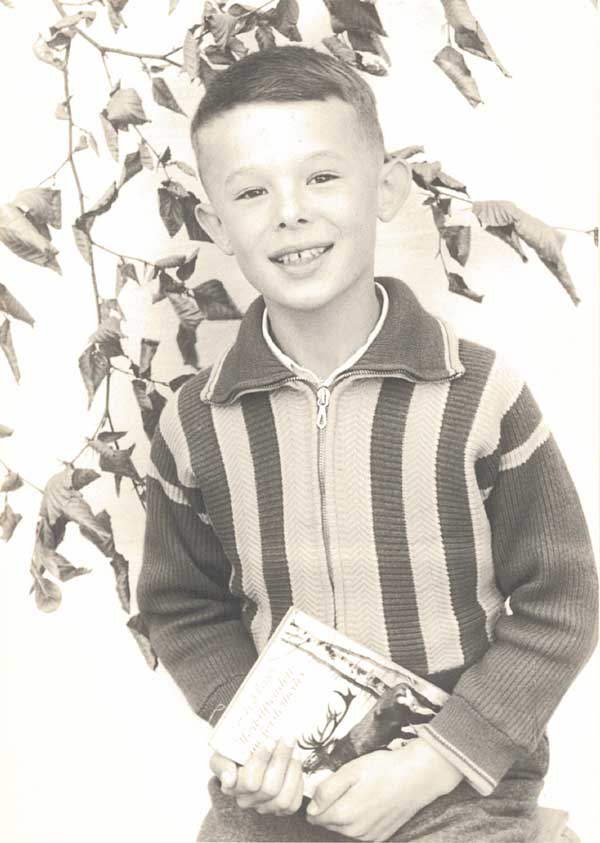
Childhood years
Hans was a good student at elementary school. He woke up to reading books when he was nine, reading whatever he could, geography and novels, as he traveled around his world of imagination. When he wasn't out in the forests and fields, he was reading and expanding his horizons.
"What is the universe made of?" "Why do the stars look that way?" When he was about ten years old, he gazed at the stars and read books about astronomy with his brother, who was three and a half years older than he was. At that moment, the beginning of his interest in physics, the area he would later pursue as a career.
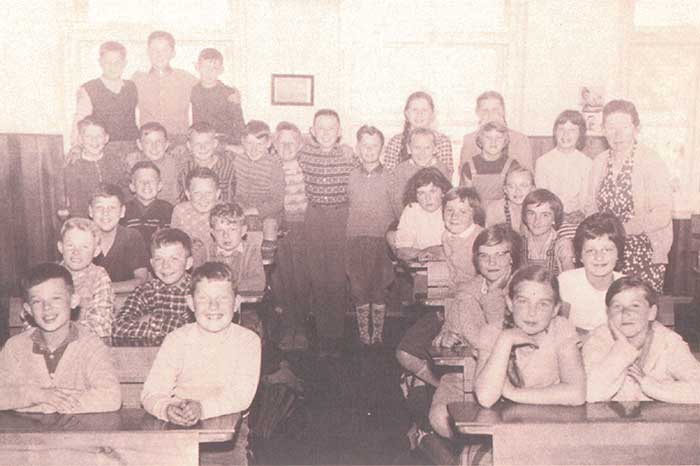
During his elementary school days
Hans is at the far left in the front row.
It was an enjoyable time for him. Because he could enjoy his youth, he feels that his generation is responsible for leaving an excellent environment to the next generation. This idea has remained in him.
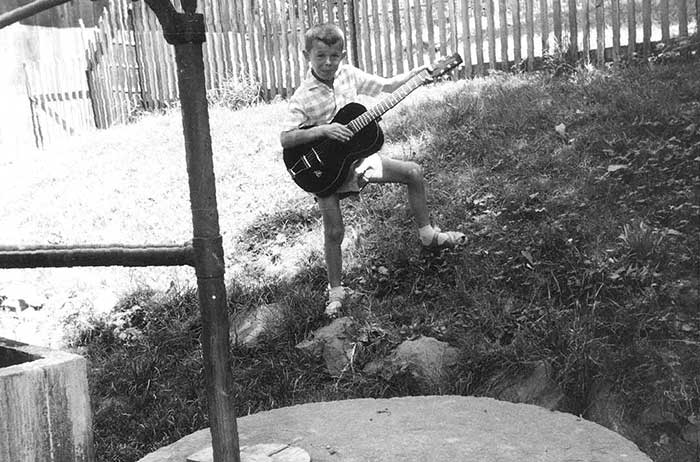
The fun of playing the guitar
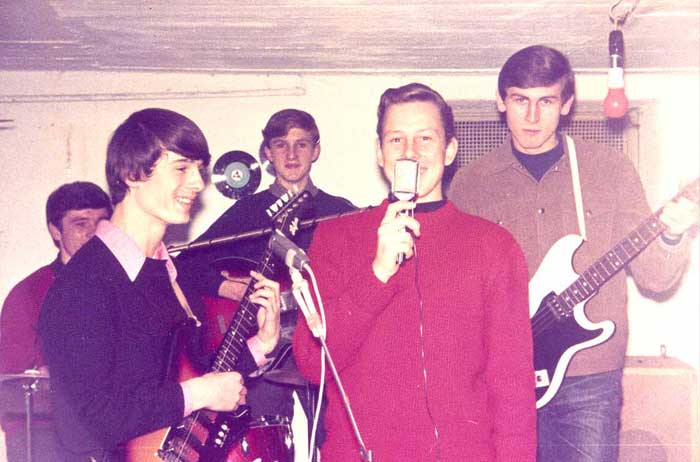
With his fellow band members
(Professor Schellnhuber is on the left.)
He could choose one college, and he decided upon Regensburg University because it was close to his home and his brother was also there. He enrolled to study physics and mathematics.
He traveled around a lot during his college time. When he went to Africa, he got a firsthand look at a terrible drought in the Sahel. Then he realized for the first time in his life what real environmental hazard meant.
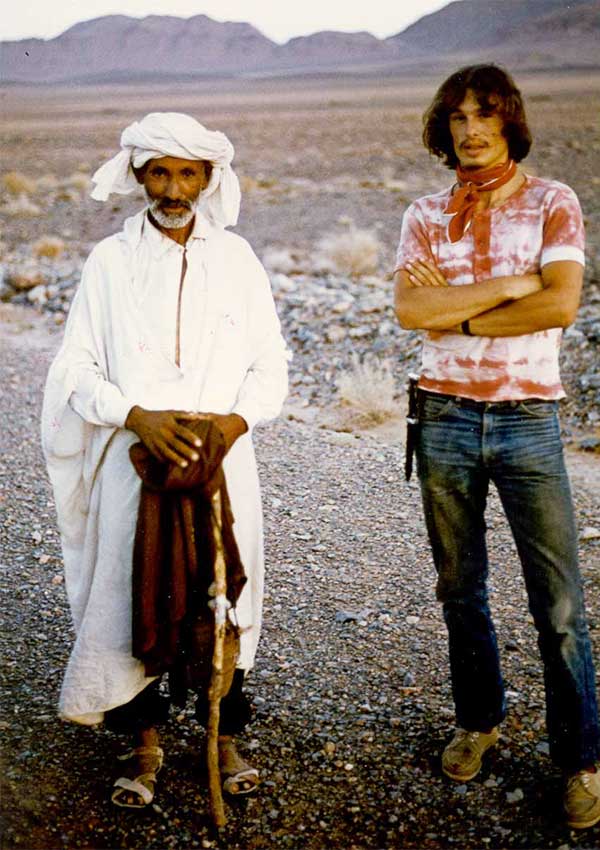
In the Sahel desert during his college days
He started research to clarify complex and unpredictable natural phenomena utilizing chaos theory. Applying the theory, he worked to define natural phenomena such as how leaves fall or how clouds move, phenomena whose rules are hard to comprehend at a glance.
His affection for nature and formulas from his childhood got integrated at this moment.
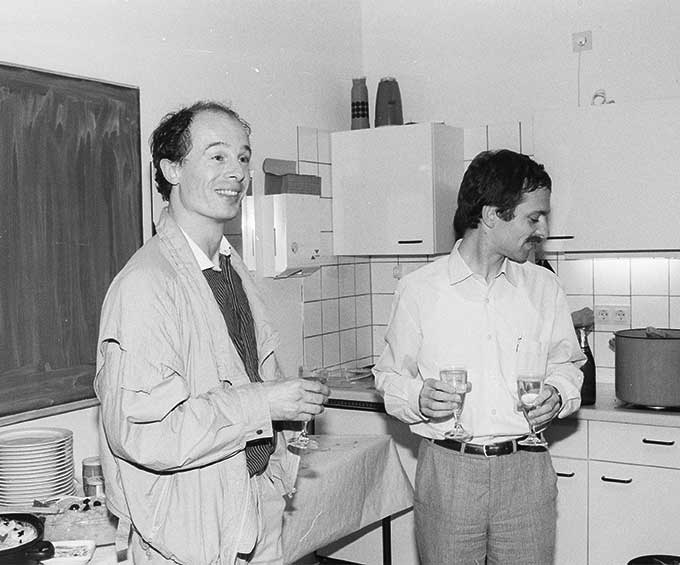
During the time teaching at the University of Oldenburg
(Photo provider: Institute for Chemistry and Biology of the Marine Environment)










